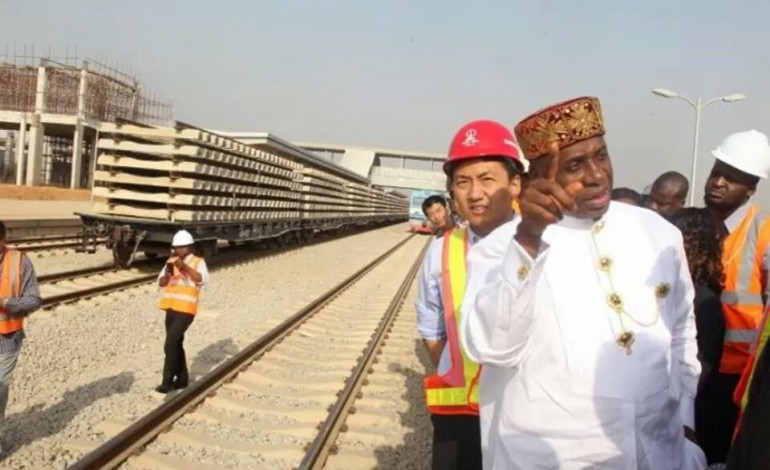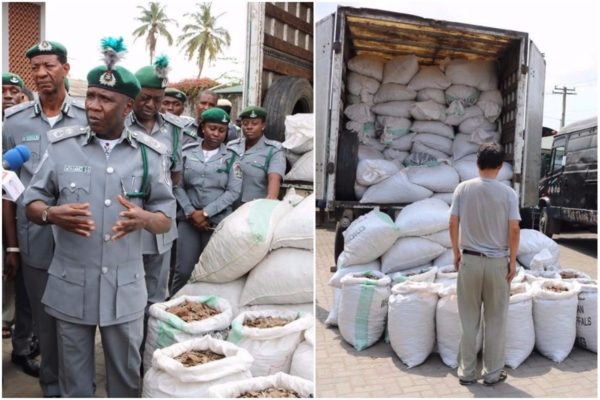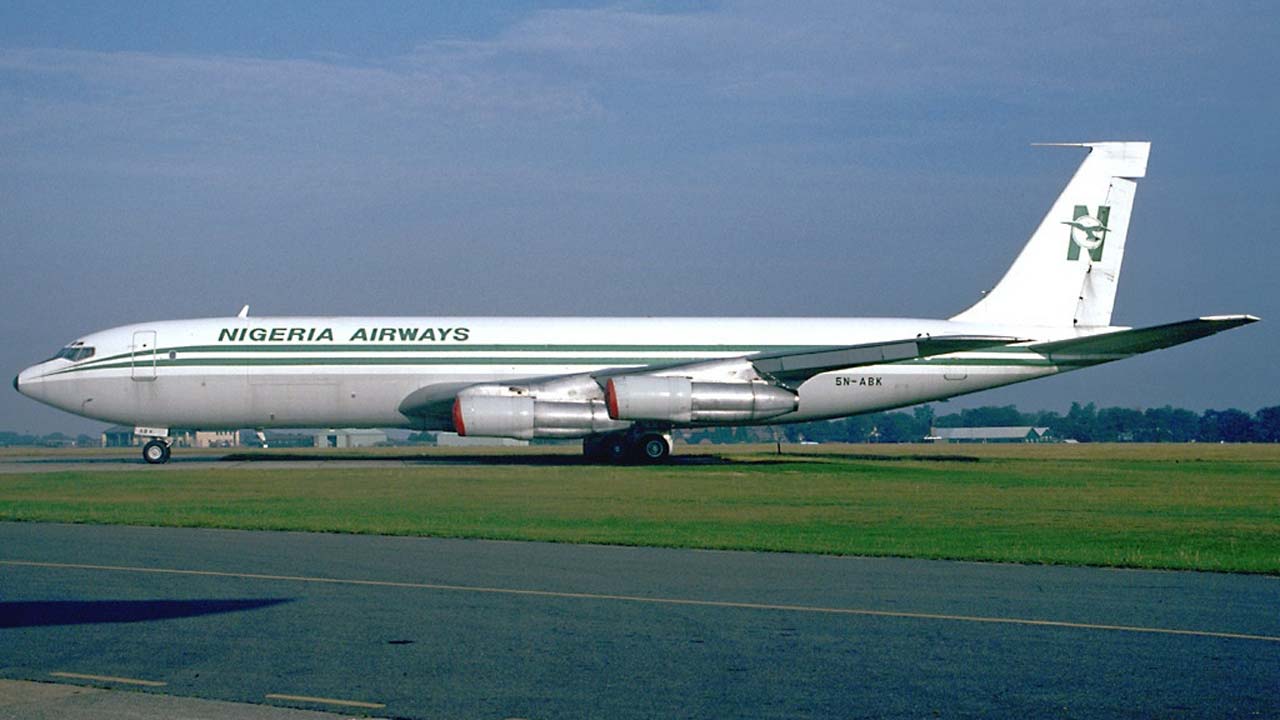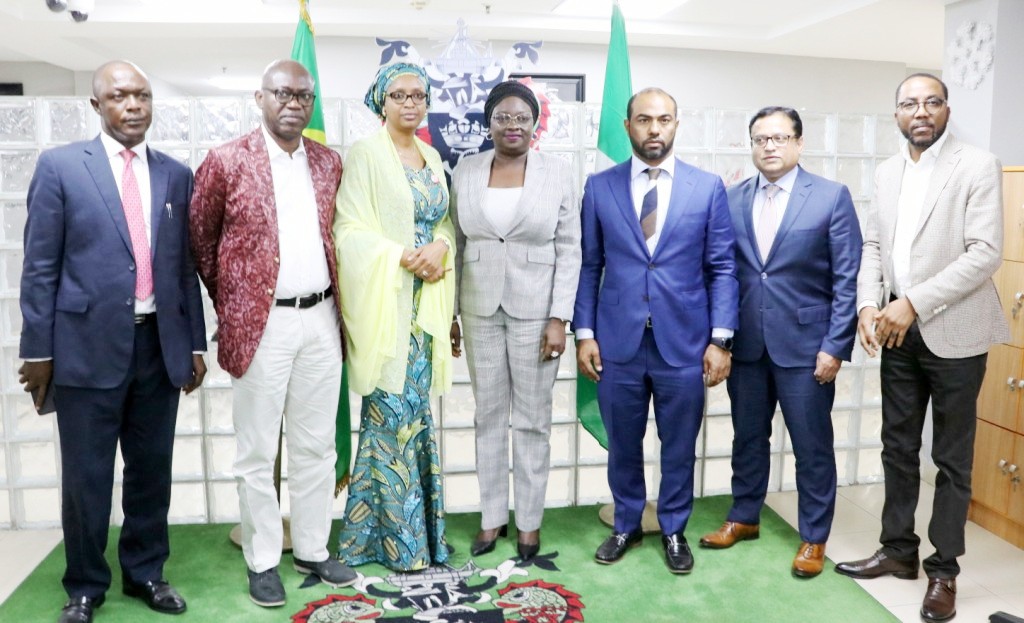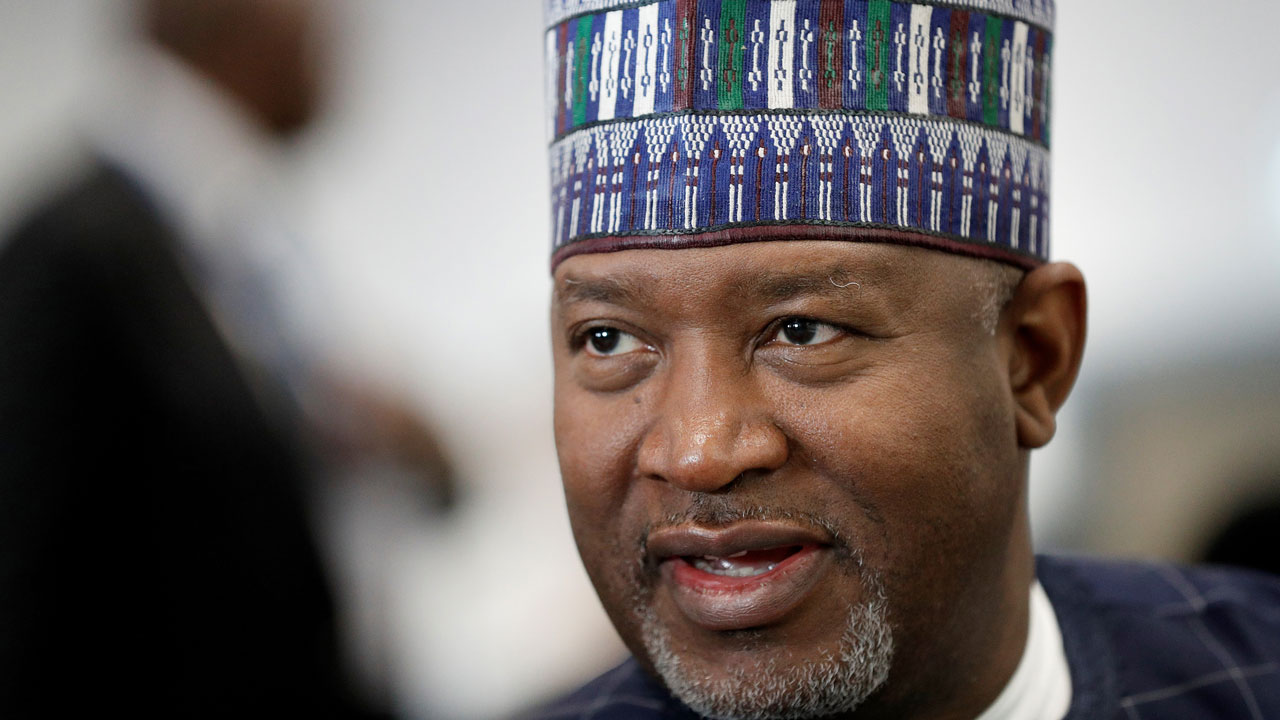Strong setback has hit the nation’s drive to intermodal transport structure following the surprise pullout of General Electric Co from a long-term concession deal sealed with the federal government.
Key parts of the now collapsed financier-concessionaire understanding include maintaining and operating narrow-gauge rail lines across country including Lagos-Kano line and Port Harcourt-Maiduiguri scheme. GE was also to serve as a procurement process adviser to the government on all railway development schemes across Nigeria.
The concession was meant to cover about 3,500 km (2,200 miles) of existing narrow-gauge lines from the southwestern commercial capital, Lagos, to Kano in the north and from southeastern oil hub Port Harcourt to Maiduguri in the northeast.
Though efforts of our correspondent to identify why the foreign investor pullout, it was gathered that the government had been due to enter into negotiations last year with GE over a railway project, although Nigeria’s upper house of parliament had said it would probe the railway concession over possible violations by Nigerian officials.
It would be recalled that a consortium led by GE had submitted the only bid for the project in partnership with Transnet CGETR.UL of South Africa, Dutch-based APM Terminals and China’s Sinohydro Consortium.
However, senior vice president and head of advisory at Africa Finance Corporation (AFC), Fola Fagbule, which ran the procurement process after being appointed lead adviser by the government, said Transnet was in discussion to replace GE.
Details of the deal showed that the now failed agreement followed the award of preferred bidder to GE by the Federal Government since May 2017.
Initiated by General Electric, the world’s premier digital industrial company, the Consortium is comprised of SinoHydro, a leading infrastructure construction services corporation, Transnet, a leader in transportation and logistics infrastructure management and APM Terminals, a global port, terminal and intermodal inland services provider.
Part of the failed added advantages of the deal include that in the interim phase of the rail concession, Remedial Works will be carried out on part of the narrow-gauge rail line system to make it technically and economically operable.
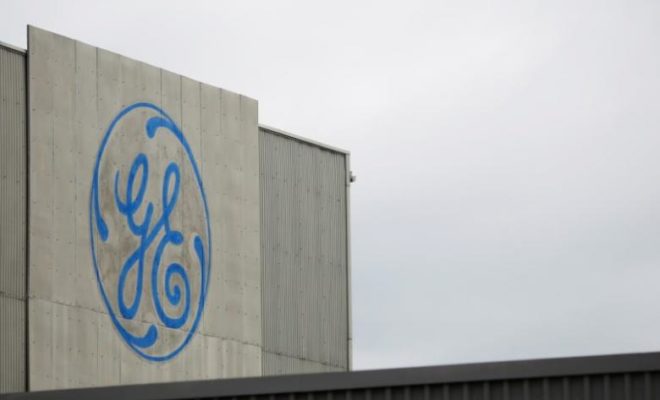
REUTERS/Brian Snyder
Additionally, a joint operation will be established between the Consortium and the Nigeria Railway Corporation (NRC) with an initial supply of 10 locomotives and 200 wagons to augment the existing rolling stock in Nigeria.
This program is expected to deliver an increase in the number of available locomotives, thus increasing the frequency of passenger and freight rail services. In addition, freight haulage capacity by the end of the first 12 months of the interim phase is expected to increase roughly ten-fold, from its current less than 50,000 metric tonnes per annum to about 500,000 metric tonnes per annum.
Before sudden pullout from the multi-billion dollar deal, Mr. Lazarus Angbazo, CEO of GE Nigeria had assured in April that “GE is committed to the sustainable development of Nigeria and as such we are delighted to have reached this crucial stage of the project to revamp and revitalize the country’s legacy rail infrastructure system”.
“The Consortium looks forward to commencing execution of this Interim Phase with the continued support of the Federal Government and the Ministry of Transportation. As operations begin, our strong partners, such as Transnet and SinoHydro, will bring their strong operating and development skills to the forefront,” Angbazo said.

